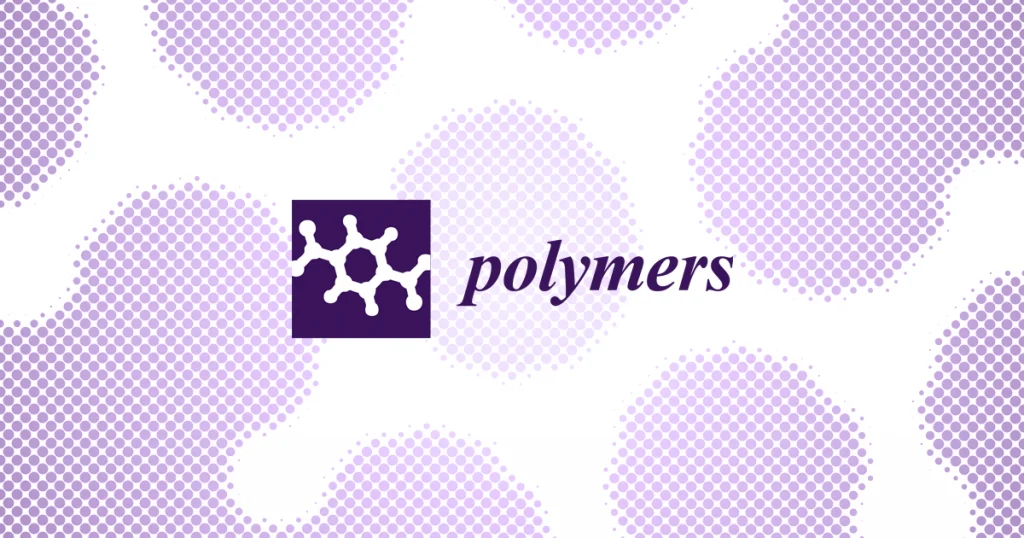This research introduces advanced polyurethanes (PU) based on polycaprolactone (PCL) with enhanced thermal stability, achieved by embedding titanium dioxide (TiO2) nanoparticles. The study examines how varying amounts of both unmodified and surface-modified TiO2 nanoparticles impact PU properties. Using techniques such as scanning electron microscopy, swelling analysis, mechanical testing, and thermogravimetric analysis, researchers found that TiO2 significantly enhances PU’s thermal stability.
The surface modification of TiO2 nanoparticles with a gallic acid ester (lauryl gallate) further boosted thermal performance by improving nanoparticle dispersion within the PU matrix. This improvement was especially evident in the thermal degradation resistance of PCL segments, as shown by distinct DTG peak shapes. Model-free methods for evaluating thermal degradation confirmed that TiO2 nanoparticles play a dominant role in increasing PU’s thermal stability and aging resistance, making this approach promising for applications requiring high-performance, thermally stable polyurethanes.






